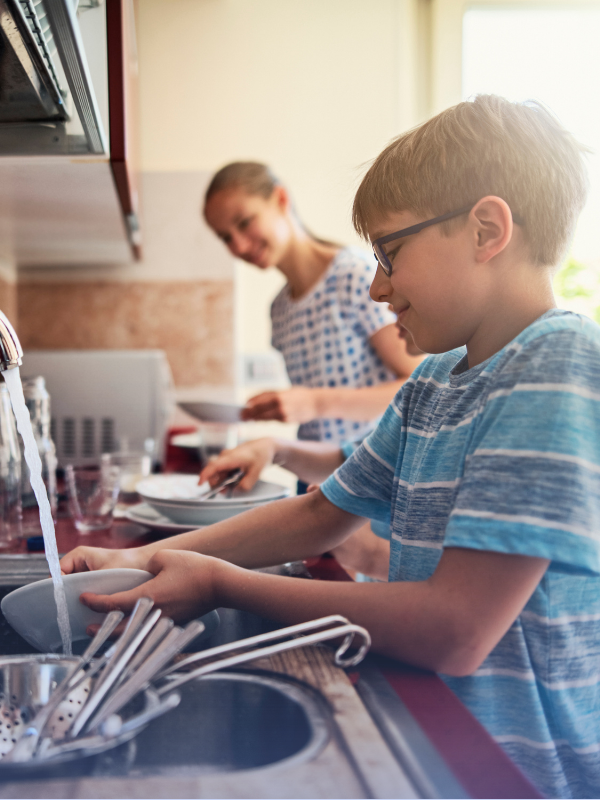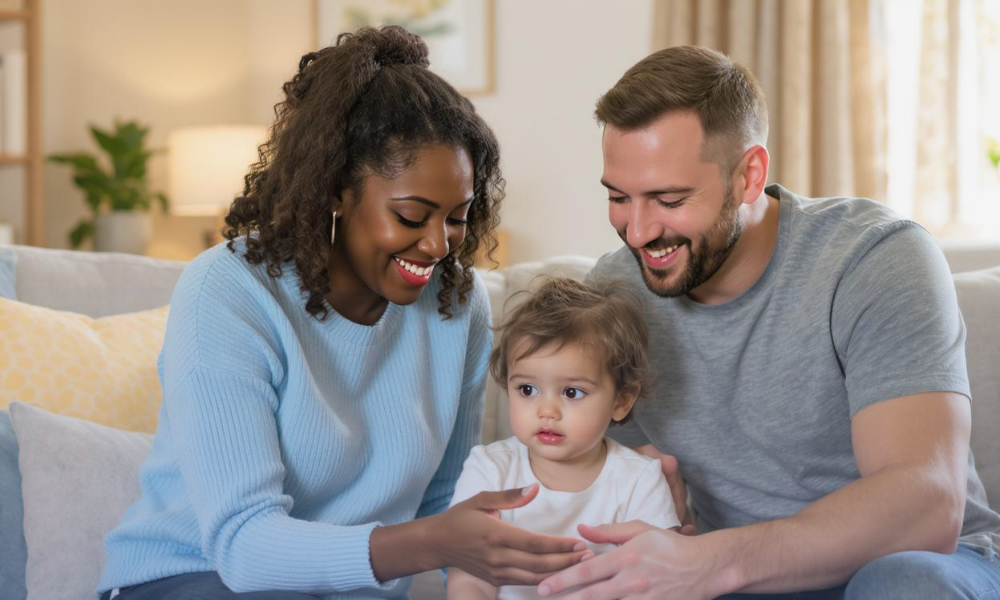
If you’ve ever watched your toddler pile blocks sky-high or insist on wearing a cape to breakfast, you’ve seen learning through play in action. This kind of learning doesn’t need…

If you’ve ever watched your toddler pile blocks sky-high or insist on wearing a cape to breakfast, you’ve seen learning through play in action. This kind of learning doesn’t need…

If your mornings feel like you’re hosting a reality show called “Survive the School Run”, you’re in good company. One mom described trying to get her 7-year-old out the door…

Trying to get your kids to help at home but not sure what’s actually realistic for their age? You’re not the only one. Figuring out age-appropriate chores for kids by…

It’s normal to feel frustrated when nothing seems to calm your toddler’s meltdown or stop the climbing, biting, or sudden yelling. But the truth is, gentle discipline tips for toddlers…

Learn how to parent with confidence every day through small habits that build trust, calm, and connection right from the start. Knowing how to parent with confidence doesn’t come from…

Parenting support resources have come a long way, offering today’s families more flexible and accessible help than ever before. While parents juggle dual-income schedules, digital distractions, and less support from…

Summer routines for kids don’t have to mean rigid schedules. In fact, a little structure can help your child feel secure while still leaving room for summer fun. Whether you’re…